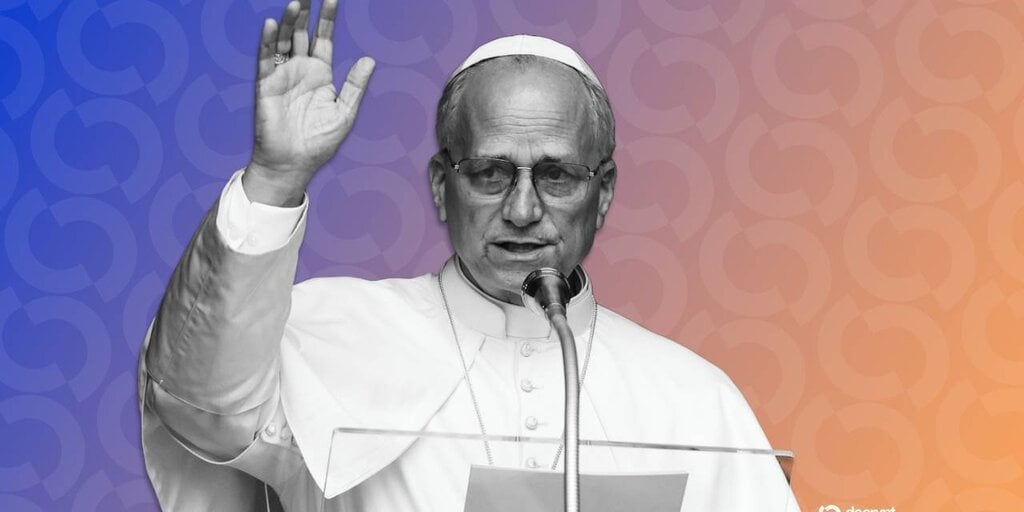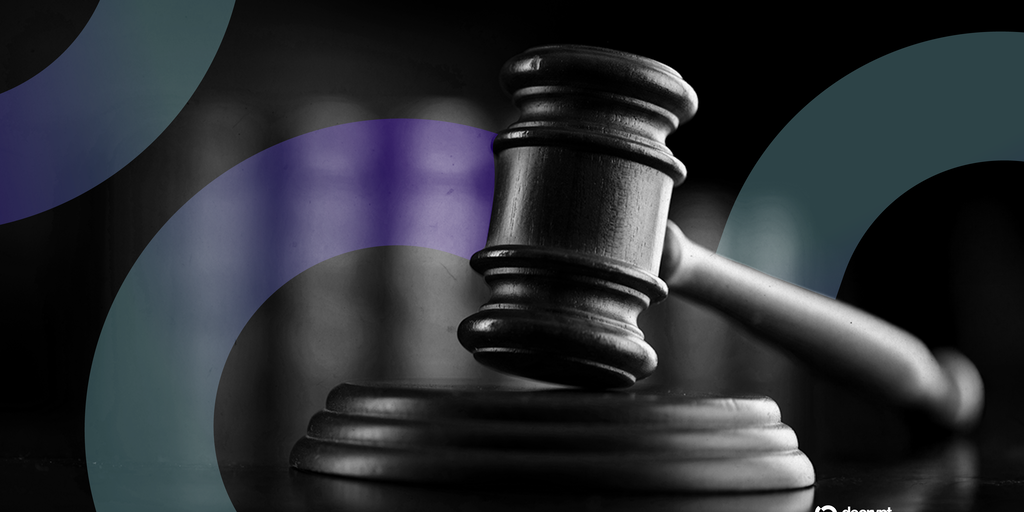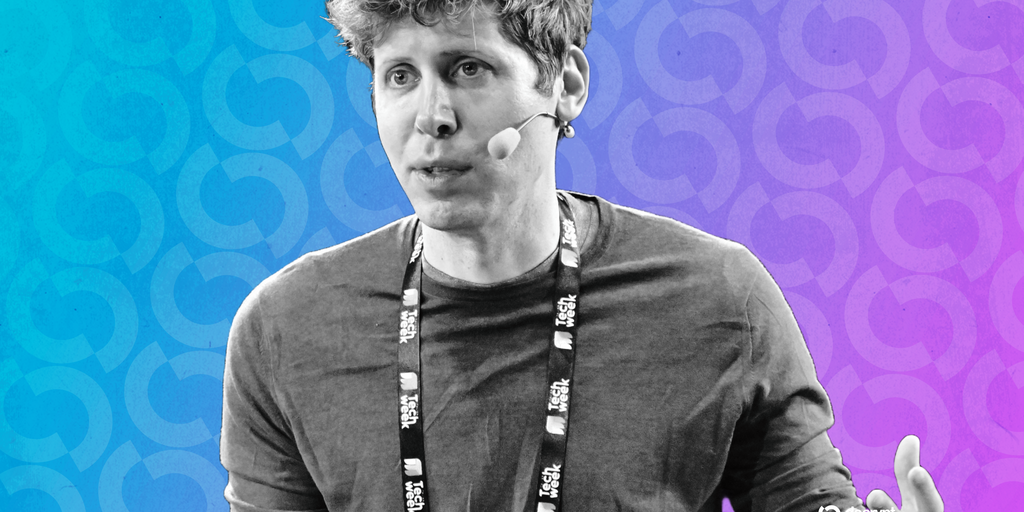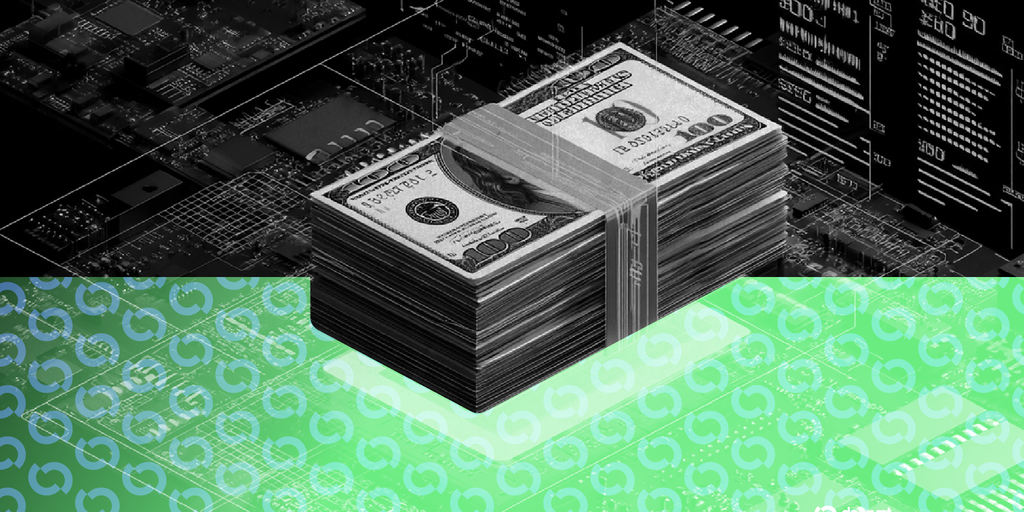
In brief
- Pope Leo XIV said AI design choices reflect a vision of humanity, not just technical aims.
- His message built on an earlier Vatican document that warned that AI lacks moral judgment and true empathy.
- The Pope’s comment pushes AI beyond the realm of technical innovations into morality.
Pope Leo XIV once again stepped into the global debate over artificial intelligence on Friday, casting the emerging technology as a test of humanity’s moral direction.
The post on X marked Leo’s latest message on AI since becoming head of the Catholic Church in May. Leo described AI development as part of a much larger struggle over who we become when we build systems that learn, decide, and operate at a global scale.
“Technological innovation can be a form of participation in the divine act of creation. It carries an ethical and spiritual weight, for every design choice expresses a vision of humanity,” The Pope wrote. “The Church therefore calls all builders of AI to cultivate moral discernment as a fundamental part of their work—to develop systems that reflect justice, solidarity, and a genuine reverence for life.”
Since becoming Pope, Leo has made several comments related to artificial intelligence. In May, the newly elected Pope Leo explained that he chose the name in reference to Pope Leo XIII, who, in May 1891, addressed the consequences of the Industrial Revolution.
Pope Leo’s latest comment echoed Antiqua et nova, the Vatican’s January teaching on artificial and human intelligence. The document said AI can produce sophisticated results but lacks real thought, lived experience, and moral judgment. It warned that without firm human oversight, the technology could worsen inequality, fuel misinformation, expand surveillance, and weaken essential human relationships.
In July, the Vatican released a message on behalf of the new Pope that urged world leaders to approach artificial intelligence with ethically grounded, human-centered governance. The message to the AI for Good Summit 2025 called for AI systems that protect human dignity, strengthen global cooperation, and serve the common good.
Pope Leo’s message reiterates the stakes the Vatican has been raising since the public launch of ChatGPT in 2022 under his predecessor, Pope Francis, who wrote that progress in information technology and digital technologies “have already begun to effect profound transformations in global society and its various dynamics.”
Like his predecessors, Pope Leo drew a line from the upheavals of the Industrial Revolution to the rise of AI, saying the technology will reshape the world—but must not redefine what it means to be human.
Generally Intelligent Newsletter
A weekly AI journey narrated by Gen, a generative AI model.




